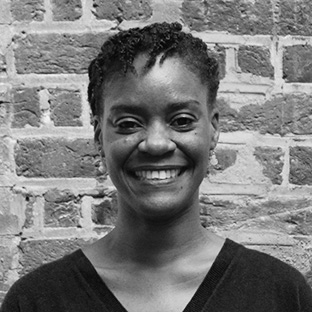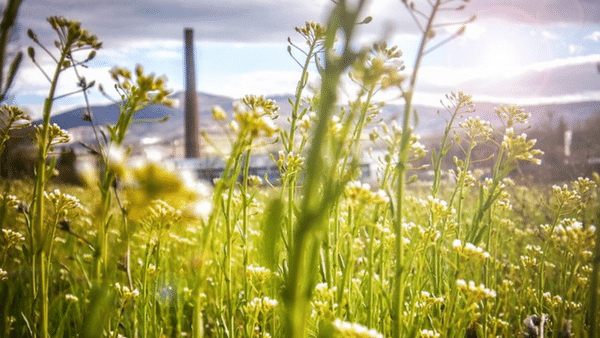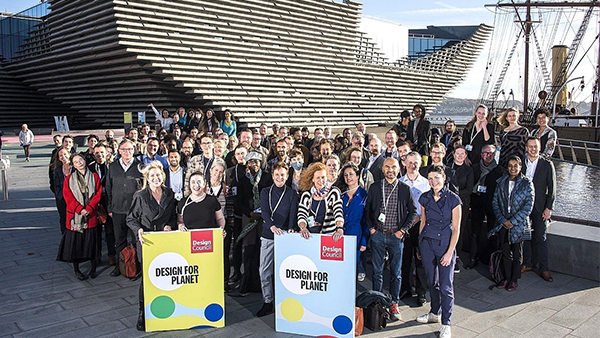At the close of 2018, the international community convened yet again this time in Poland to discuss the looming threat of climate change.
At the start of the summit, UN Secretary-General, Antonio Guterres firmly sounded the alarm. He stated that climate change was already "a matter of life and death" for many countries.
In effect, he was urging the conference participants to act since our ecological system was blinking red and we need urgent action and not talk. As he said this, I couldn’t help but think of the women all over the world who feel the burden of this threat more acutely than men. For some people this is quite difficult to understand. Don’t extreme weather and the implications of climate change affect everyone the same? The answer is a resounding no! If we were to look at the climate change through a gender lens, the implications are markedly different.
Gender refers to the relations between men and women, paying close attention to the relationship and power dynamics and how this is manifested with access to resources, ownership of resources, decision making power, and institutional structures. The simple facts are that climate change exacerbates existing gender inequalities pervasive in societies all over the world. With extreme weather conditions slowly becoming the norm, women, who undertake much of care giving and domestic labour in many households around the world will feel the brunt of the burden in response to major hurricanes or rampant wildfire or massive floods.
All of the above usually renders everyone in their wake immediately vulnerable. As a woman however, this vulnerability increases exponentially where fewer women globally have access to resources which will empower them to escape harm if needed. This is not an abstract thing. Think of the women in households in California during the recent wildfires, or in Hong Kong and the Philippines during the category five hurricane earlier this year.
In responding to a natural disaster their vulnerability is heightened irrespective of their socio -economic status simply based on the gender role they play within their family and community. They are more likely to care for young children and aging relatives, more likely to have limited or no access to a car or vehicle or even to disposable income to flee the pathway of a pending storm or natural disaster.
In addition to these conditions during an imminent natural disaster, we might also consider the day-to-day implications of a warming planet and the impact this has on those who depend on natural resources to survive. At only 1.0 degrees Celsius of global warming, we have already witnessed a decade of “an astonishing run of record-breaking storms, forest fires, droughts, coral bleaching, heat waves and floods all around the world.” Women who live in coastal towns and villages or who depend on subsistence farming to sustain their families and/or to earn a modest income are particularly vulnerable to these disasters.
According to the International Labour Organization, women make up 41% of the world’s agricultural labour force and this rises to 49% for low income countries. The ILO also recognises that climate change will further exacerbate rural women’s vulnerability to discrimination, exclusion and exploitation. This is particularly acute for tribal and indigenous women.
Women also make up half of the workforce within the seafood industry – from subsistence aquaculture through to processing and packaging. Imagine the impact of a warming ocean on fish stocks and thus the livelihoods of so many. They are on the frontlines of a threat that is not a nebulous issue but a day to day fight to survive. For them, it is matter of life and death.
Given all these factors at last year’s COP23 in Lima the international community developed a Gender Action plan with five key priority areas which include: -
- Capacity building, knowledge sharing and communication – how to integrate gender considerations in programmes and activities in the Paris Agreement;
- Gender balance, participation and leadership – how to ensure full participation in the UNFCC process;
- Coherence – how to integrate gender consideration throughout the UNFCC architecture and related UN agencies and stakeholders;
- Gender responsive promotion – how to promote gender equality and women’s empowerment throughout the commitments within the Paris agreement;
- Monitoring and reporting – how to report on gender related mandates.
COP24 provided a great half way point to check in and assess what has already been achieved. However, despite the high priority given to gender at the start of the summit, when reviewing the press at the close, the summit only just managed to secure an agreement to a global rule book that satisfied few. Many critics hinted that it would do little to curb climate change and on the issue of gender, the reports are similarly slim.
Despite the mixed reviews I remain hopeful because in my own daily life and social circle the urgent state of play has already led to action. Guterres hinted at this in this year’s summit when he declared that unprecedented mobilization and active citizenship will be the vehicle for concrete change.
Therefore, it is up to us as individuals to insist that women have a seat at every table to ensure there is a gender lens on policy making and involved in decision making. We must also insist that we evidence suggested changes in policy by collecting data on different populations, especially those previously excluded groups. Lastly, since globally women have fewer rights and freedoms over their own lives, it is imperative that those of us involved in social action and developing big ideas consider the lives of women when drafting adaption and mitigation programmes in response to climate change.
This is not optional. We know that women are agents of change and if we are to confront the biggest challenge facing human kind, we cannot dismiss the critical role played by half the world’s population.
It is true… women hold up half the sky.
Related articles
-
Regenerative organisations: the time is now, the place is here
Joanna Choukeir
Regenerative organisations are vital to our regenerative future. The time is now for the RSA to emerge as such an institution.
-
A design revolution for the climate emergency
Joanna Choukeir
Joanna Choukeir on Design for Planet, the global gathering of designers during COP26, and the changes design must make.
-
RSA divests from fossil fuels
Josie Warden
Tackling climate breakdown demands that we align our financial flows to create the energy transition we need. We're delighted to be part of the movement.




Be the first to write a comment
Comments
Please login to post a comment or reply
Don't have an account? Click here to register.